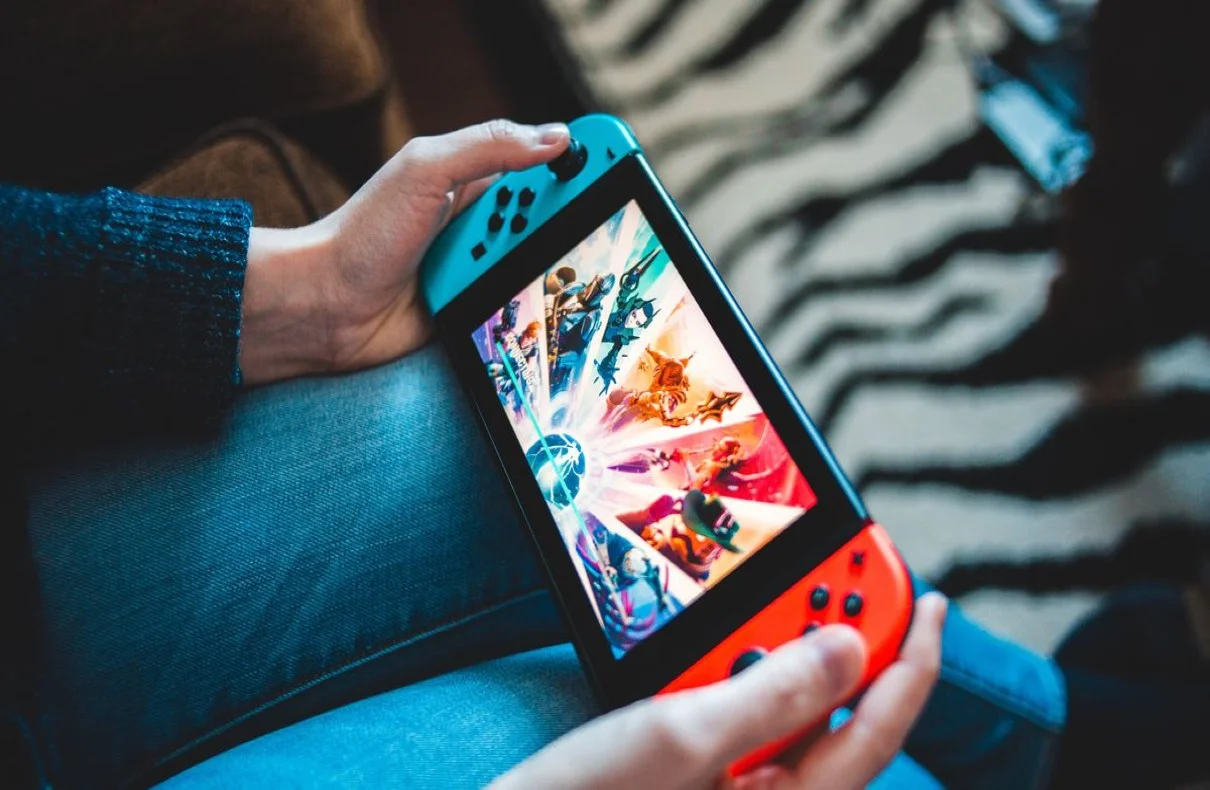In an unprecedented turn of events, the creators of the Nintendo Switch emulator, Yuzu, have agreed to pay a whopping $2.4 million to Nintendo as part of a lawsuit settlement.
Just a few days ago, Nintendo, the world-renowned video game company, had filed a lawsuit against the creators of Yuzu, a widely-used Nintendo Switch emulator. The lawsuit, which had sent ripples through the gaming world, accused Yuzu of facilitating large-scale piracy.
Nintendo’s legal team had put forth serious allegations against Yuzu. According to them, Yuzu was designed primarily to bypass and play Nintendo Switch games, thus acting as a catalyst for piracy on an enormous scale. The lawsuit also alleged that Yuzu was indirectly promoting piracy by hosting and distributing the controversial emulator’s code and features.
In an unexpected turn of events, Yuzu’s creators, operating under the company name Tropic Haze, decided to settle the lawsuit out of court. They consented to pay Nintendo a staggering sum of $2.4 million. The settlement terms also included a permanent injunction against any further work or hosting of Yuzu by Tropic Haze.
In the wake of the settlement, the developers of Yuzu issued a statement on their Discord channel. They stated:
We started the projects in good faith, out of passion for Nintendo and its consoles and games, and were not intending to cause harm. But we see now that because our projects can circumvent Nintendo’s technological protection measures and allow users to play games outside of authorized hardware, they have led to extensive piracy.
This message not only acknowledged the lawsuit’s impact but also announced the immediate discontinuation of Yuzu and its support for Citra, a Nintendo 3DS emulator.
Trader Joe’s Chicken Soup Dumplings – The Recall Story
As part of the settlement, Yuzu agreed to cease all its operations. This includes the discontinuation of their code repositories, Patreon accounts, Discord servers, and soon, their websites. The developers also agreed to surrender the yuzu-emu.org domain name to Nintendo.
The lawsuit and its subsequent settlement have sparked heated debates within the emulator community. While some see the lawsuit as an attack on the very concept of emulation, others view it as a necessary measure to combat piracy. The case has also raised questions about the legality of emulators that require users to bring their own BIOS, like Yuzu.
From a legal standpoint, the settlement does not set a precedent for other similar cases. As business attorney Richard Hoeg points out, the settlement is not a legal determination and does not have precedential value. However, it could potentially create a chilling effect within the emulator community, deterring other developers from creating similar software.
This is not the first time Nintendo has aggressively defended its intellectual property rights. The video game giant has a track record of taking legal action against fan games, ROM distribution sites, and hardware modders. It has even gone as far as to prevent a Wii/Gamecube emulator from appearing on Steam.
Waffle House Shooting in Indianapolis: Tragedy Strikes at a Local Eatery
Despite the controversy surrounding this lawsuit, emulation remains an important tool for video game preservation. However, this case serves as a stark reminder of the legal challenges that emulator creators may face.
The Yuzu lawsuit marks a significant moment in the ongoing battle between game developers and emulator creators. While Nintendo’s victory could potentially deter the development of similar emulators in the future, it also highlights the need for legal clarity on the issue of emulation. As the debate continues, it’s clear that this case will have far-reaching implications for the gaming industry.
